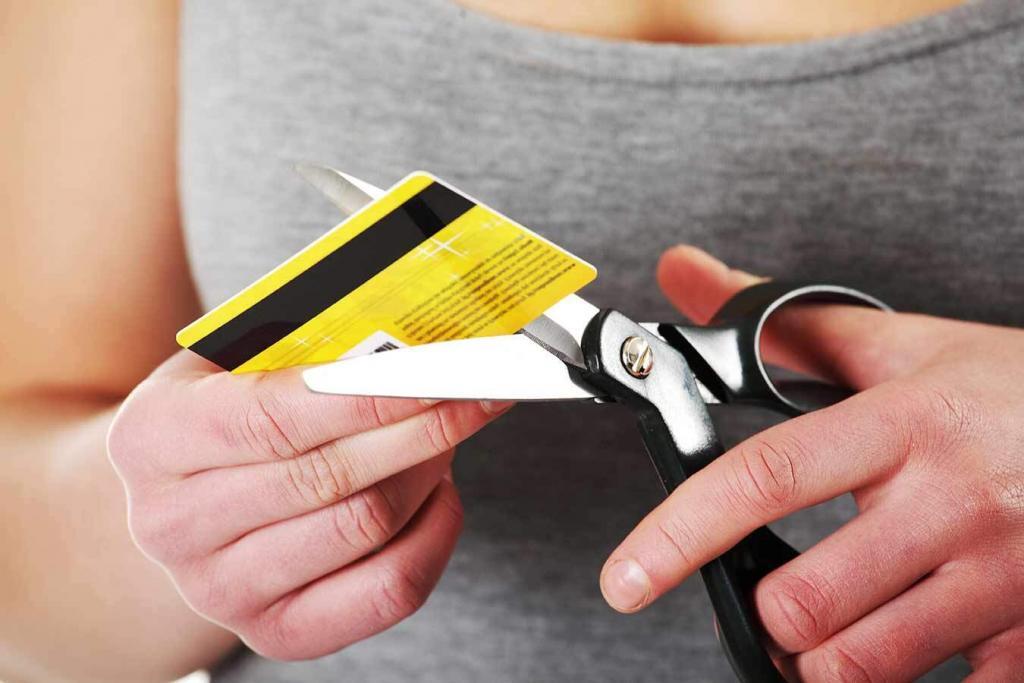Making the decision to start a family is both exciting and daunting. There’s so much to think about in terms of caring for a whole new little person in your lives, as well as setting yourselves up financially to ensure you can take the time off work you need and meet all the expenses that come with bringing a baby into your family.
Many couples put off starting a family until they are financially stable. But this idea of being financially comfortable is different for everyone, and for some, it would mean putting off a family for years and years, which isn’t always ideal. Here are some ways you can plan for a new baby and see whether you are ready to take the leap.
What Is Family Financial Planning?
- The idea is simple. It’s about taking a look at where you stand financially, and seeing how things might change once you have a baby together. Here are some things to look at:
- How much time you or your partner might take off work once the baby is here.
- What your joint household income will drop to with this time off.
- Cost of big-ticket items for the baby, such as car seat, pram, etc.
- Cost of daycare once you do go back to work and how this affects your bring home pay.
- Cost of weekly expenses, such as nappies, wipes, formula, that need to be factored into the new family budget.
- What sort of pregnancy care you are looking at. Are you wanting to go private? Consider the cost of ultrasounds, obstetricians, etc.
How To Financially Prepare For Starting A Family
Here are some steps you can take to ensure you are in the best financial position possible when it comes to welcoming a new baby into your home:
Build Up Savings
This is often easier said than done. Simply start putting away a little bit each week into savings, no matter how small that amount is. You have to start somewhere. Over time, you may be able to increase this amount, but if not, at least you are putting something away.
Don’t Overspend
It is so easy to go just a little crazy with all the baby products out there, but it’s important to realise you don’t need the most expensive product each and every time. In fact, it’s worth jumping on Facebook marketplace and having a look at second-hand items on there. Lots of baby items only get used a handful of times and are in great condition to purchase second hand. You can save so much money on them as well.
Budget
Take a look at where you are right now and how much this might change when you bring a baby into the family. Factor in all these potential costs and look at how you might be able to make ends meet. Are there areas you can cut down on? Can you start cutting down on them before the baby comes?
Research Your Entitlements
Check out what money you may be entitled to either from your workplace, your partner’s workplace, or the Government. Many people aren’t aware of the benefits offered, such as maternity leave from both work and the government, paternity leave and family tax benefits that you may be eligible for. Look into all of these before you start your family, so you know what you can apply for, can do it straight away and factor this into your budgeting.
Prioritise Your Debts
If you have any outstanding debts you are in the process of paying back, prioritise these and reduce them as much as possible before the arrival of a new baby. In fact, preparing for a new baby is the perfect time to take a good look at all your finances and see that you are getting the best deal possible. Here are areas to consider:
- Are you getting a good deal on your credit cards? Could you shop around and find better?
- Are you getting the best deal on your phone contract? Do you research and see if there are better plans more suited to your needs?
- Look into your insurances and check that you have the level cover you need.
Remember That Money Isn’t Everything
Welcoming a new addition into your family is an exciting time, so don’t let your finances overwhelm you. While there are plenty of things you can do to make sure you are in the best place financially, don’t forget to enjoy the time and every minute that comes with it. You will blink, and your kids will be moving out of home and starting families of their own!













